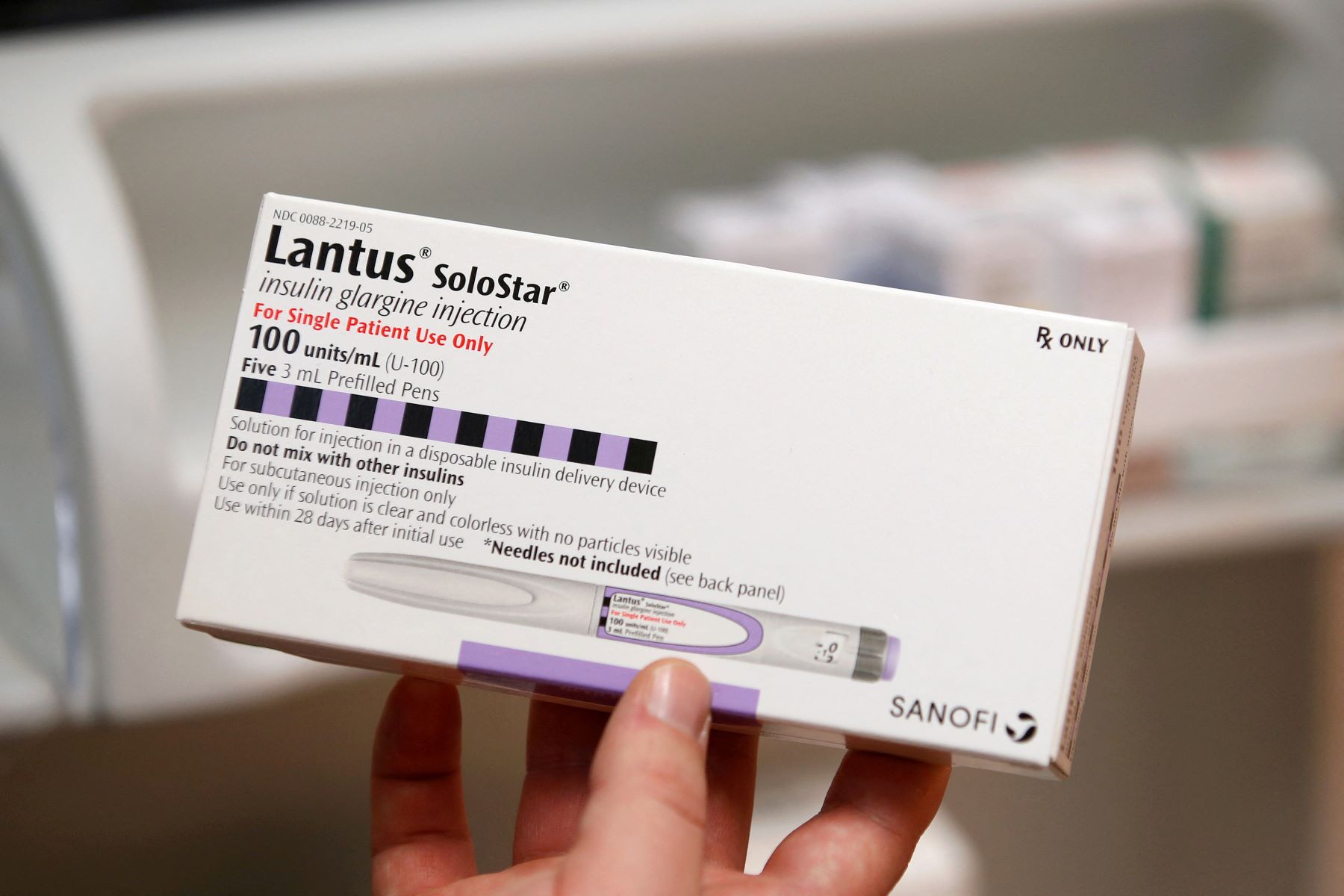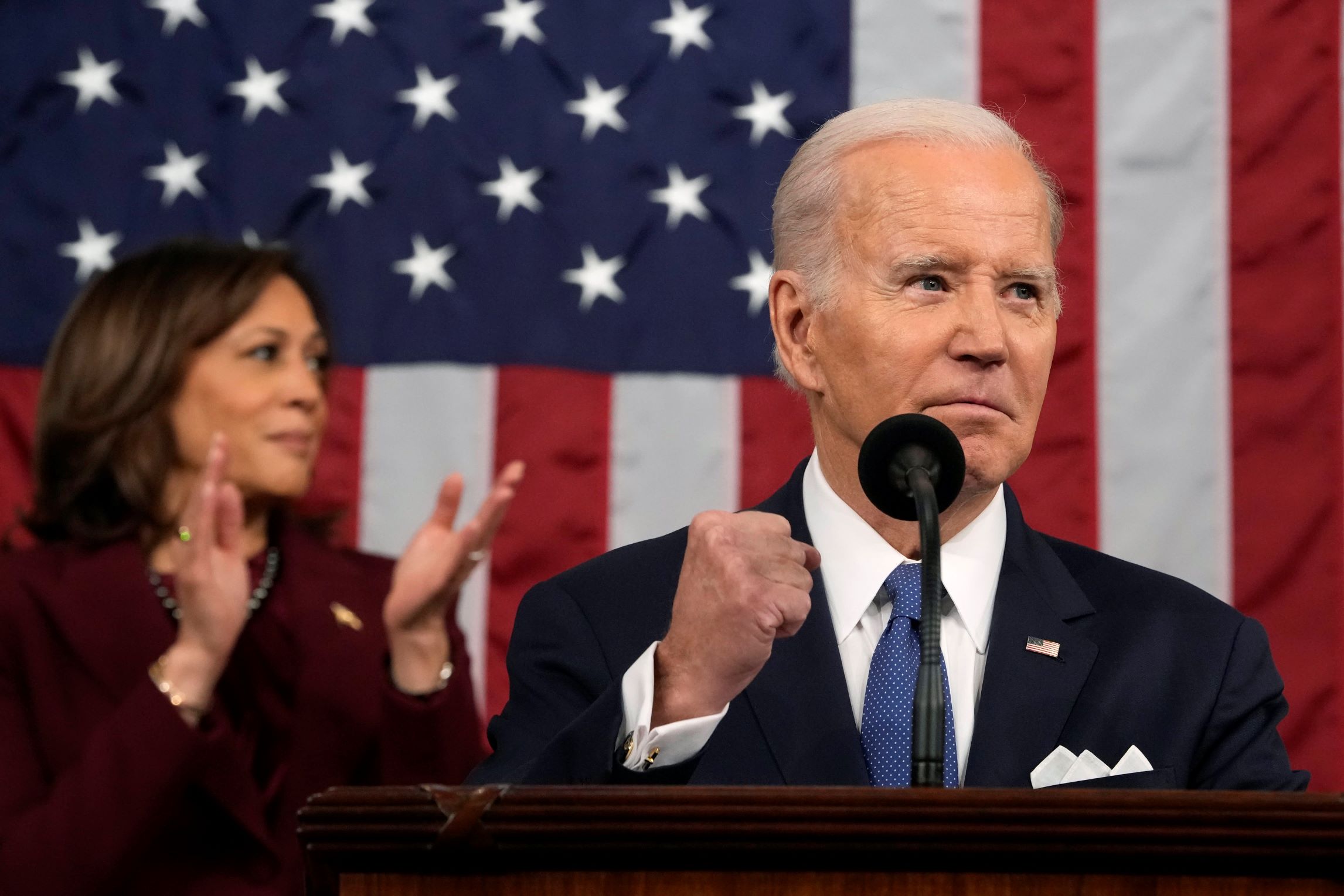President Joe Biden utilized his platform during the State of the Union address this week to advocate for a universal price cap on insulin for all diabetes patients, although the proposal faces significant challenges in the current Congress.
Biden highlighted the Inflation Reduction Act, which has successfully capped insulin costs at $35 per month for Medicare beneficiaries, but emphasized the need to extend this benefit to younger diabetes patients with private insurance or those without coverage.
“Let’s finish the job this time. Let’s cap the cost of insulin for everybody at $35,” Biden urged Congress on Tuesday night.
Simultaneously, Senator Jeanne Shaheen (D-N.H.) called for the passage of the Insulin Act, co-sponsored with Senator Susan Collins (R-Maine) last July, aimed at expanding the $35 price cap to include individuals with private insurance.
This bipartisan effort seeks to address the stark price disparities in insulin compared to other wealthy nations, as noted in a Rand Corp. report from 2021.
Despite bipartisan support for a universal insulin price cap, the proposal faces an uphill battle in Congress, where Democrats hold a narrow majority in the Senate and Republicans control the House. Efforts to pass similar measures have been stymied previously, even when Democrats held a majority last summer.
In response to Biden’s proposal, Representative Cathy Rodgers (R-Wash.), chair of the House Energy and Commerce Committee, criticized the move as “socialist” and warned against government interference in drug pricing, arguing it could stifle competition and innovation in the insulin market.

Lisa Murdock from the American Diabetes Association acknowledged the challenges of expanding the price cap but remained optimistic, citing previous bipartisan support for such measures in the Senate. She emphasized ongoing efforts to collaborate across party lines in advancing this critical healthcare initiative.
The three major insulin manufacturers—Eli Lilly, Novo Nordisk, and Sanofi—had mixed reactions to Biden’s proposal. While Lilly and Sanofi expressed support for extending the $35 price cap to all Americans, Novo Nordisk voiced concerns about potential impacts on patient access to new therapies if government-imposed price controls are implemented.
The debate over insulin pricing comes amid ongoing legal actions by states like California against insulin manufacturers and pharmacy benefit managers, alleging market manipulation and overcharging patients.
Currently, 22 states and Washington, D.C., have implemented their own caps on insulin prices in the absence of federal legislation.
Approximately 40% of diabetes patients have private insurance, while 5% are uninsured, according to the American Diabetes Association. Many individuals currently pay more than $35 per month for insulin, despite efforts to mitigate costs through state-level price caps.
The issue of insulin affordability remains critical, with surveys showing significant financial burdens on patients who often resort to rationing insulin due to cost constraints, posing serious health risks.
As discussions continue in Congress, the path forward for achieving a universal insulin price cap remains uncertain but continues to be a focal point in healthcare reform efforts.
